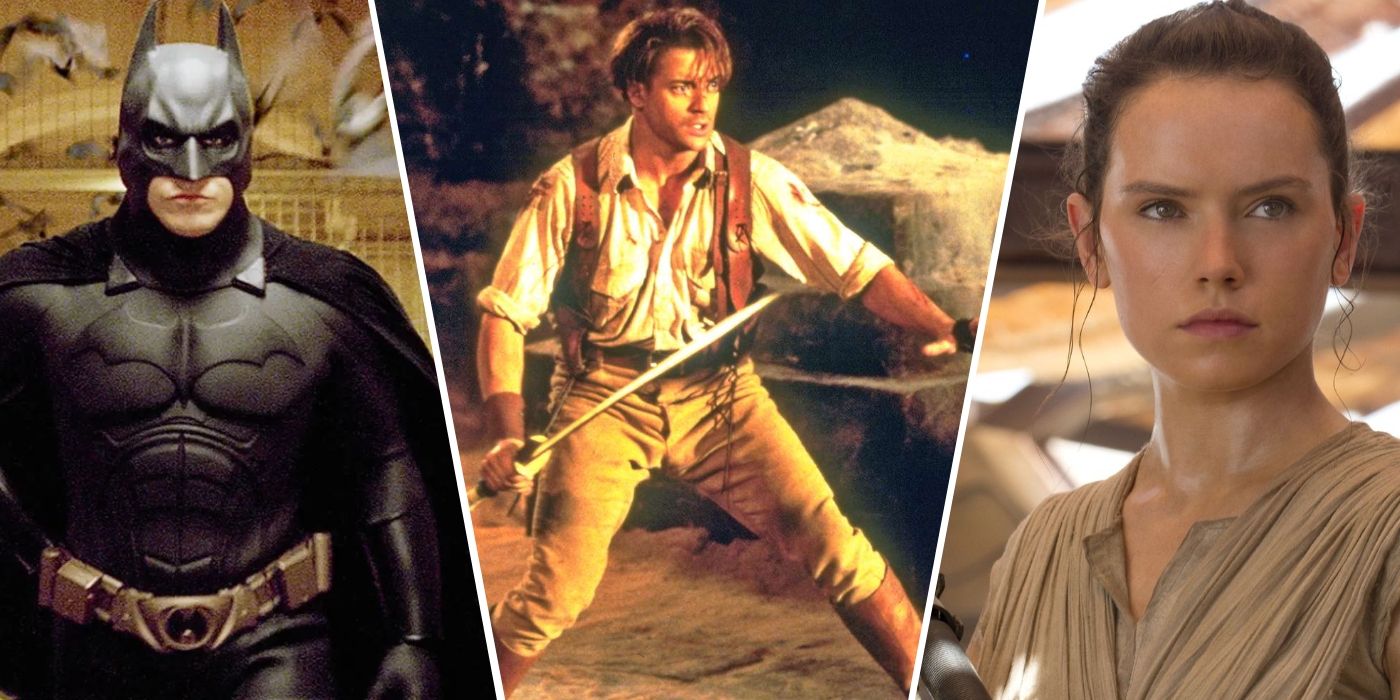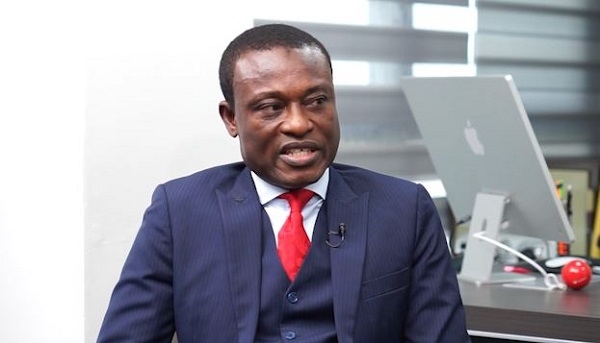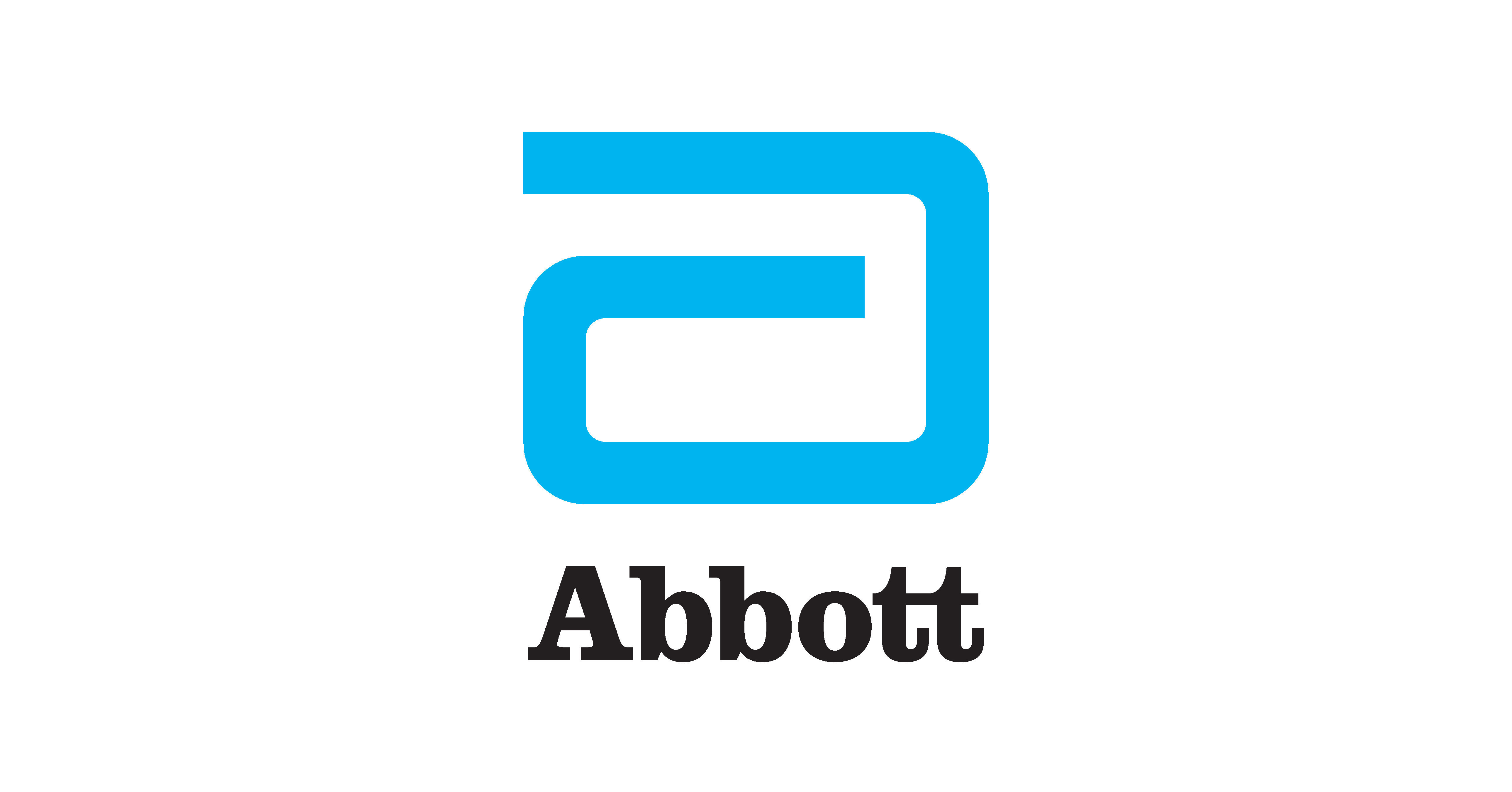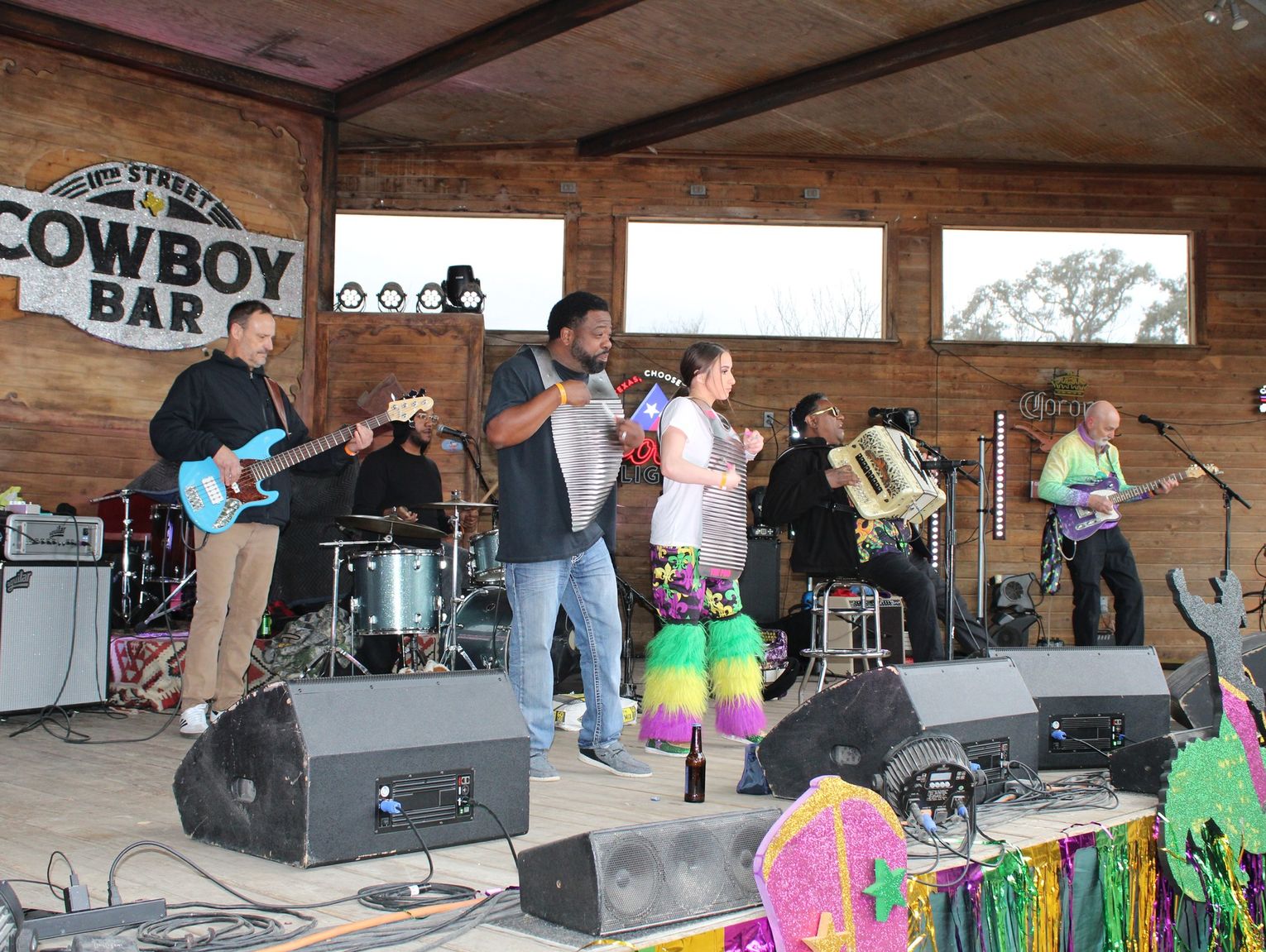As much as we all long for novel ideas and brand-new IPs, there can be something very satisfying—and even comforting—about revisiting a beloved franchise. However, it's not always easy for studios to keep these franchises feeling fresh. Often, recognizing the potential to make a quick buck, studios have focused on quantity over quality and have rushed sequels, spin-offs, and reboots to market without paying any mind to script quality. Other times, a franchise can seemingly bow out graciously, lying dormant until the perfect script comes along, sometimes decades later, to resurrect the IP.
Every so often, a single movie reignites the spark, blending fresh ideas with the essence of what made the original great and successfully restoring interest and excitement. This article highlights the films that pulled struggling franchises back from the brink. These revivals didn’t just rely on nostalgia—they evolved the story, introduced new energy, and reminded audiences why the franchise mattered in the first place.
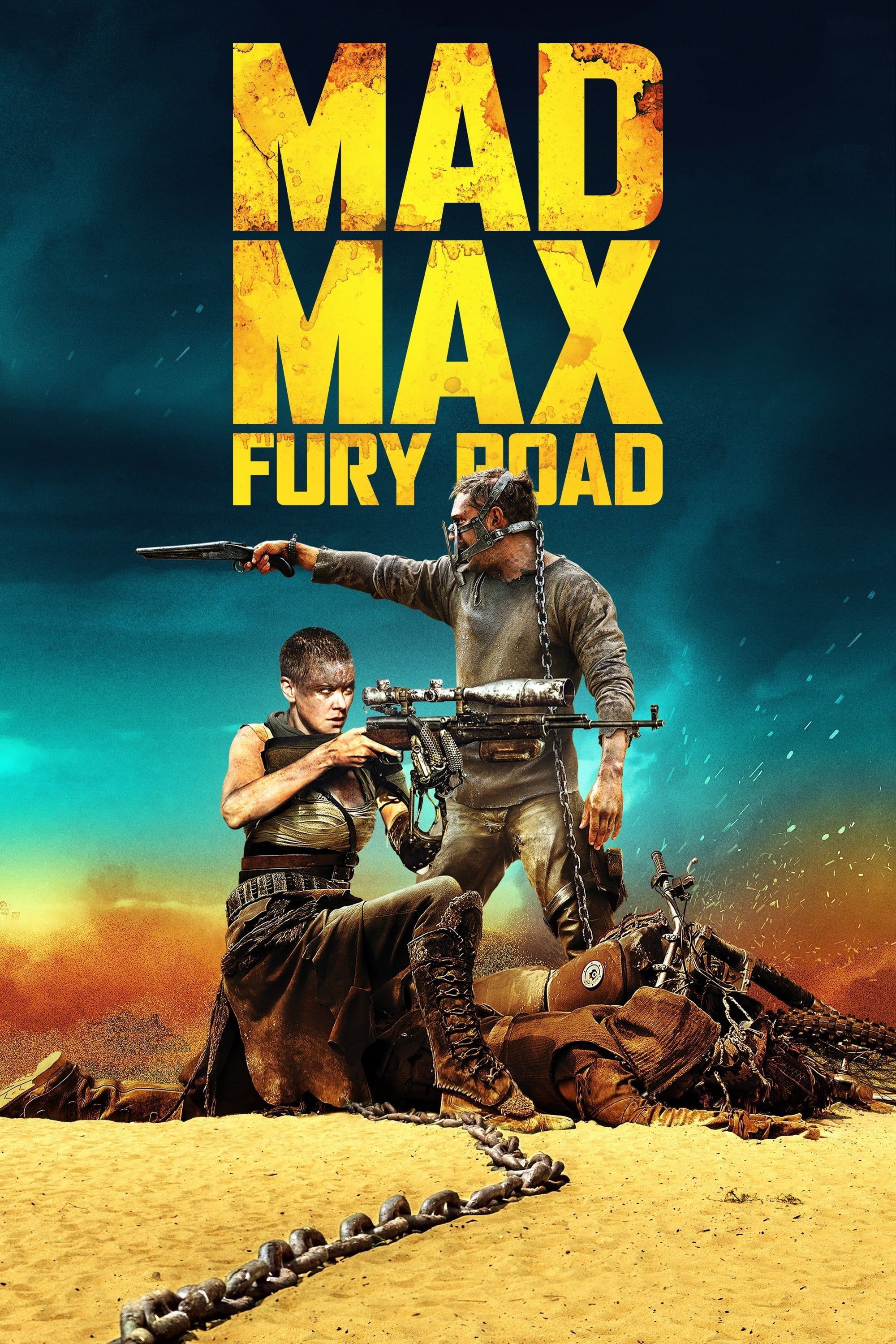
- Mad Max: The Wasteland
- Mad Max
Starring a then-unknown Mel Gibson, the original Mad Max movie was a phenomenal success. Set in the post-apocalyptic wastelands of the Australian outback and made on a shoestring budget of just a few hundred thousand dollars, it raked in over $100 million at the box office and has been largely credited with opening up the global market to Australian New Wave films. It was followed by two sequels released in 1981 and 1985, respectively. While both films, which saw Gibson reprising his role as the titular Max, were critically acclaimed, they failed to have the same impact at the box office and seemingly marked the end of the franchise.
After 30 long years, Mad Max: Fury Road resurrected the franchise with almighty gusto, delivering one of the most heart-pounding, high-octane action experiences the world had ever seen. Gone was the low-budget grit of the original; instead, an estimated budget of around $170 million was assigned to making a sleek and exhilarating blockbuster experience dripping with visual effects and cinematic flair. The movie was a huge hit, both critically and commercially.
Fury Road's success led to the prequel, Furiosa: A Mad Max Saga, which took a similar approach but failed to repeat its predecessor’s success, leaving the future of the franchise in question once again.

Related
10 Criminally Underrated Action Movies From the 2010s
If you like action films, these gems from the 2010s may have flown under your radar.
Directed by the legendary Steven Spielberg and starring Laura Dern, Jeff Goldblum, and Sam Neill, it's hard to believe that Jurassic Park is now over 30 years old. At the time of its release, it quickly became the highest-grossing movie of all time—a record it held until 1997’s Titanic. Its sci-fi story of dinosaur chaos was captivating and compelling, the acting was top-notch, and the effects were utterly jaw-dropping and groundbreaking. The movie was followed by two sequels in the ’90s, which both failed to recapture the magic of the original… then there was silence.
After nearly 15 years of dormancy, the Jurassic Park franchise was all but extinct before Jurassic World came roaring onto our screens. Following a similar formula to the original, it took everything that made the classic such a hit—and amped it up. The park was bigger, the dinosaurs were bigger, and the box office numbers were bigger. With a new cast featuring Chris Pratt and Bryce Dallas Howard, the movie broke all manner of box office records, landing it among the highest-grossing movies of all time.
Two further movies have been released since, which experienced similar financial success, cementing the Jurassic Park series as one of the biggest and most financially successful franchises ever.
The movies of the first Planet of the Apes trilogy, in which humans and intelligent apes clash for control, are among the most iconic films within the sci-fi genre. Unfortunately, the 2001 Tim Burton reboot failed to recapture that same magic, and the poor response led to any plans for further sequels being abandoned. Fast-forward to 2011, and in steps Rupert Wyatt to try and resurrect the beloved franchise. Rise of the Planet of the Apes was a huge success with critics and fans alike, with many praising its emotional storyline, Andy Serkis' performance as Caesar, and its convincing special effects.
The film pushed the franchise in a new direction and firmly established this new Planet of the Apes series as one of the best franchises in Hollywood—one where audiences could get incredible action, but also thoughtful character moments and philosophical questions. It is still regarded today as one of the best entries in the series and is seen as one of the best movies of the 2010s. It was followed by the equally entertaining Dawn of the Planet of the Apes (directed by Matt Reeves in 2014), 2017's War for the Planet of the Apes, and 2024's Kingdom of the Planet of the Apes.
When it comes to movies about sport, the Rocky series is, without a doubt, the most beloved in the genre. But six movies and nearly 30 years later, it seemed that the saga of Rocky Balboa had finally come to a satisfactory conclusion after its gracious bow out with 2006’s acclaimed Rocky Balboa.
After lying dormant for nearly 10 years, many thought the towel had been thrown in. That was until the release of Creed, which proved there was still fight in the franchise yet—and the gloves hadn’t been hung up quite yet. Serving as a spin-off, it focuses on amateur boxer Adonis Creed, who is trained and mentored by Rocky Balboa, the former rival-turned-friend of Adonis' father, Apollo Creed.
Creed packed one heck of a punch, proving to be a huge critical and commercial hit, scoring a near-perfect 95% on Rotten Tomatoes (topping even the original’s 93%). Critics loved the new direction and praised Michael B. Jordan’s powerful performance as Creed, as well as the emotionally resonant storyline. The movie was followed by Creed II and Creed III, which evoked similar reactions from both audiences and critics.
Released back in 1978, John Carpenter’s Halloween is one of the most beloved and iconic horror movies of all time, practically writing the blueprint for the slasher genre and influencing countless films that followed. Unfortunately, most of the movies that followed in its own franchise served merely as pale imitations of the original masterpiece.
The original seven sequels, each growing ever more convoluted and ridiculous, were never able to recapture the original’s magic and were generally panned by critics. Rob Zombie attempted to reboot the franchise in 2007, but many diehard fans of the original were disappointed with his new direction. He did return to direct a sequel, but it was a critical and commercial disappointment, and the franchise was once again in limbo.
Trying to undo much of the damage inflicted on the original’s legacy by a string of subpar sequels and misguided reboots, it was announced that Halloween would be a soft reboot—serving as a legacy sequel to the original that disregarded every movie that had come since. Set 40 years after the events of the first film, Jamie Lee Curtis reprises her role as Laurie Strode, the sole survivor of the original massacre.
Returning to its roots, 2018’s Halloween feels raw, gritty, tense, and terrifying. Dripping in just as much suspense as it is blood, the movie proved to be the comeback everyone was hoping for, becoming the highest-grossing slasher film of all time. With the franchise well and truly back from the dead, a further two sequels were released: Halloween Kills and Halloween Ends, in 2021 and 2022, respectively.
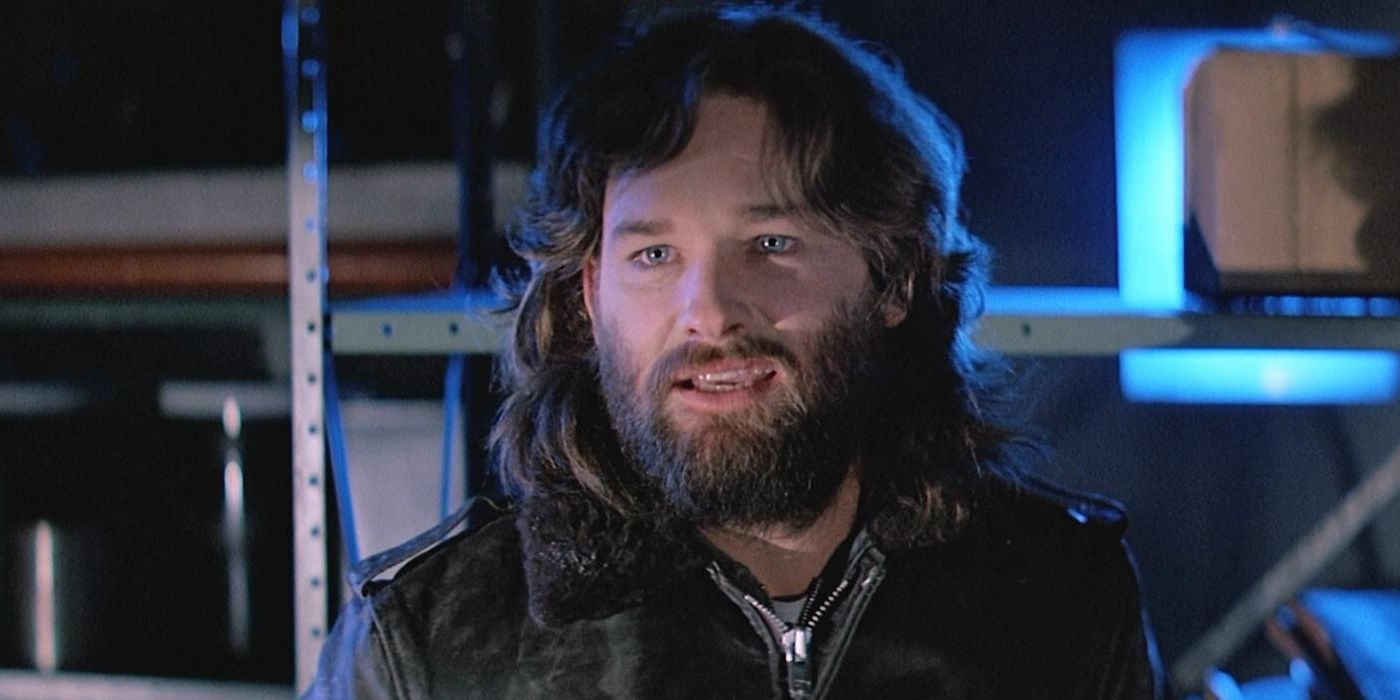
Related
One of the Greatest Sci-Fi Horror Movies of All Time (And Its Lesser Prequel) is Streaming for Free In April
John Carpenter's classic film significantly improved on the original source material while its inferior prequel fell flat on its alien face.
Batman is arguably DC Comics’ biggest and most enduring superhero in terms of popularity, and he has been brought to the screen in many iterations. The first big-screen, live-action adaptation came in the form of the critically acclaimed, blockbuster hit Batman. Directed by Tim Burton, Batman marked a darker and edgier take on the hero, breaking away from the campy 1960s series. Michael Keaton's brooding Batman and Jack Nicholson's iconic Joker helped redefine superhero films, blending style, grit, and psychological depth. Burton took things even darker with Batman Returns in 1992, which again received critical acclaim and was a hit at the box office.
The tides began to change, though, when Joel Schumacher took the reins and followed it up with Batman Forever, which adopted a slightly lighter approach. It was Batman & Robin, though, that seemingly put the final nail in the coffin. The movie undid everything Tim Burton had brought to the franchise and was a campy farce that is considered among the worst superhero movies ever made.
As a result, the franchise lay dormant for 10 years before it was resurrected by Christopher Nolan with Batman Begins. Largely serving as a Batman origin story, focusing on Bruce Wayne’s journey toward becoming the masked night stalker, the movie was dark, brooding, emotional, and hard-hitting. Critics and moviegoers were thrilled with the new direction and return to form, and the movie spawned a further two Nolan-directed sequels. This Dark Knight trilogy is widely considered the greatest era in the franchise’s history—as well as being the most financially successful.
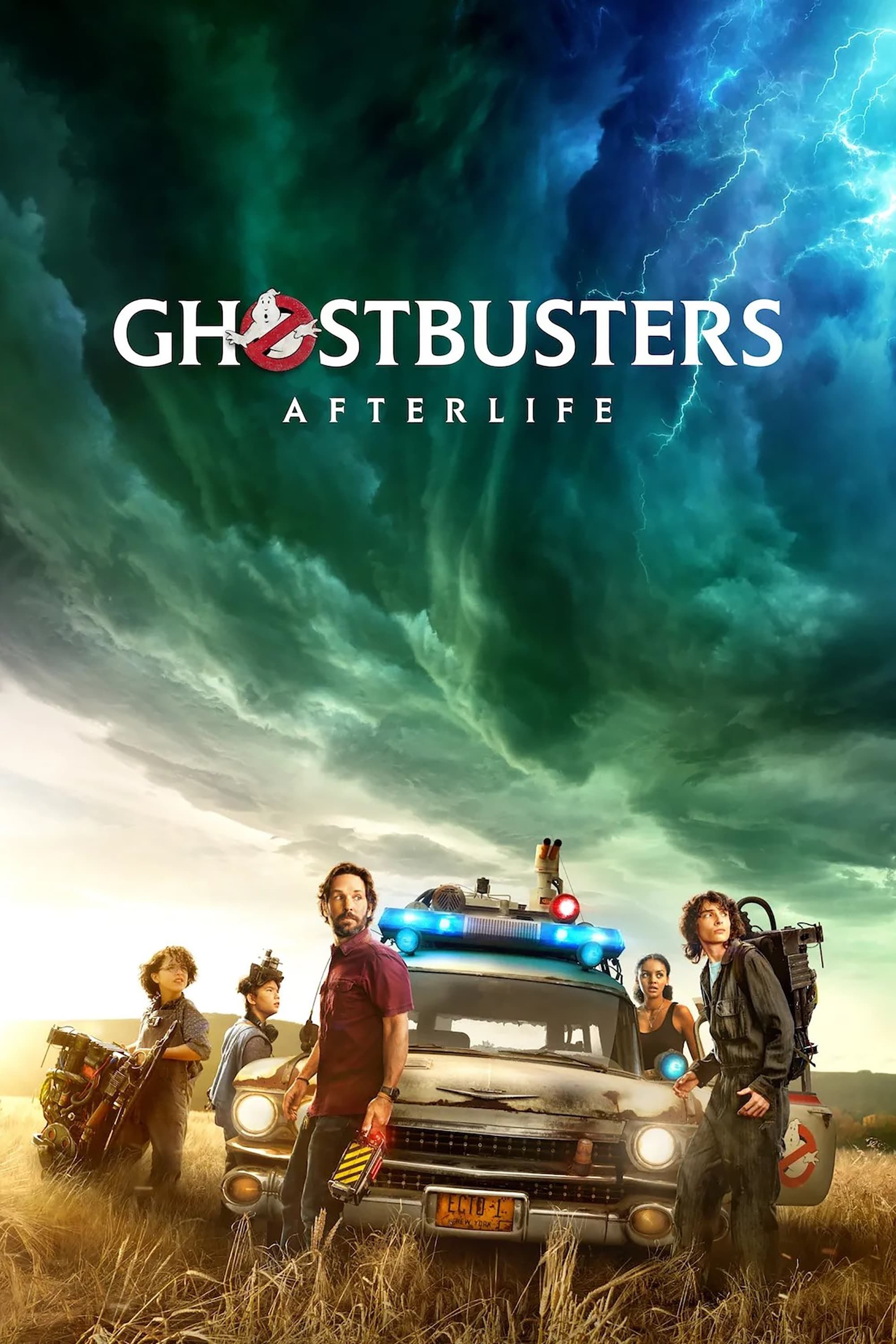
Directed by Ivan Reitman, Ghostbusters is a timeless classic that seamlessly blends supernatural spookiness with laugh-out-loud humor. It follows a team of eccentric ghost hunters who become the city’s first line of defense when it comes to the paranormal. Ghostbusters and its sequel have firmly secured themselves as all-time comedy classics that have truly stood the test of time.
In 2016, a reboot featuring an all-women Ghostbusters team was released, offering a fresh take on the beloved concept. However, it failed to capture audiences’ imaginations in the way it had hoped, and the new direction became the subject of much controversy.
More recently, fans were treated to a legacy sequel in the form of the well-received Ghostbusters: Afterlife. Set 32 years after the events of Ghostbusters II, it follows a single mother and her children who move to an Oklahoma farm they inherited from her estranged father, Egon Spengler—a member of the original Ghostbusters. When a series of unexplained phenomena begin to take place, it’s up to Egon’s grandson to pick up the mantle and rid the town of the mischievous and malevolent beings that haunt the area.
Its nostalgic callbacks and new setting made it a hit with longtime Ghostbusters fans and newcomers alike, reigniting the franchise and spawning the sequel Ghostbusters: Frozen Empire.
The Mummy franchise began with Universal's 1932 horror classic starring Boris Karloff as Imhotep, followed by a series of B-movie sequels in the ’40s featuring the mummy Kharis. The franchise took a comedic turn with Abbott and Costello Meet the Mummy in 1955. In the late ’50s to early ’70s, Hammer Films revived the mummy myth with bloodier, gothic British horror films starring icons like Christopher Lee and Peter Cushing.
More Indiana Jones than Hammer Horror, 1999’s The Mummy was a fresh take on the classic mummy story. Brendan Fraser was a revelation as the lovable rogue Rick O’Connell, and the movie was the finest action-adventure film since the 1980s. The sequel, The Mummy Returns, retread much of the same ground but provided enough action and humor to keep most viewers satisfied, whereas the third in the trilogy was let down by poor CGI, a lackluster script, and a shortage of the interesting side characters that made the original such a delight to watch.
Horror master Wes Craven’s Scream is a masterful blend of horror and self-aware humor. This film cleverly deconstructs and plays with the tropes and conventions of the slasher genre, making it a meta-commentary on horror films themselves. By subverting expectations and injecting moments of self-referential comedy, it not only delivers tension, scares, and violence but also manages to provide a layer of dark humor.
Scream 2 shortly followed and was met with similar enthusiasm, but momentum slowed with the third installment—Scream 3—which performed considerably worse both critically and commercially. Eleven years passed before Scream 4 hit theaters, which performed even more poorly and was widely thought of as a quick cash grab from a studio out of ideas.
Fast forward yet another eleven years, and the franchise is back with fresh faces and some old favorites. The new Scream focused on what made the original so enjoyable, combining genuinely scary moments with plenty of great self-aware humor. It was largely enjoyed by audiences and critics and has since spawned a further two sequels—with another currently in the works.
The original Star Wars trilogy consists of three of the most groundbreaking, beloved, and iconic movies in the entire galaxy, breaking numerous box office records and influencing dozens of films in its wake. When the franchise was revisited in the late ’90s/early 2000s, it’s unsurprising that it failed to live up to sky-high expectations.
Following the Walt Disney Company's controversial acquisition of Lucasfilm, the world was hit with The Force Awakens. Crafting a perfect blend of nostalgic callbacks and fresh, compelling new characters, the movie kept (most of) the original fandom happy and introduced the magic of Star Wars to a new generation.
The film was a massive financial success, becoming one of the highest-grossing movies of all time. It also went down well with critics, earning an impressive 93% on Rotten Tomatoes. This newfound surge in popularity sparked the beginning of a new and exciting era for the IP, which has since seen new sequels, spin-offs, series, attractions, and so much more.
